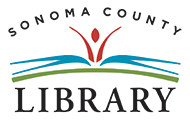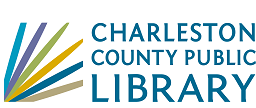Two Galecia clients (possibly more!) are now offering mobile hotspots that patrons can borrow. These hotspots come with an unlimited plan so you can take them anywhere and get connected to the Internet. Both libraries report the new service is wildly popular!

Sonoma County Library (https://sonomalibrary.org/) has 500 units available. Their program, SonomaFi, is a pilot program so far. Funded from Measure Y sales tax funds. The service provider is Verizon. Each hotspot is available for 14 days and if the borrower neglects to return it, the service is deactivated (which evidently helps get the units returned promptly!)
Sonoma County has also created an excellent video showing patrons how to use their HotSpots - check out the nice cases that are included! https://www.youtube.com/supported_browsers?next_url=https%3A%2F%2Fwww.youtube.com%2Fwatch%3Fv%3DAawPH22CibE&feature=youtu.be

Charleston County (https://www.ccpl.org) is offering the same program but with service from Sprint. So far no groovy videos. Their program is courtesy of a grant from the South Carolina State Library.


